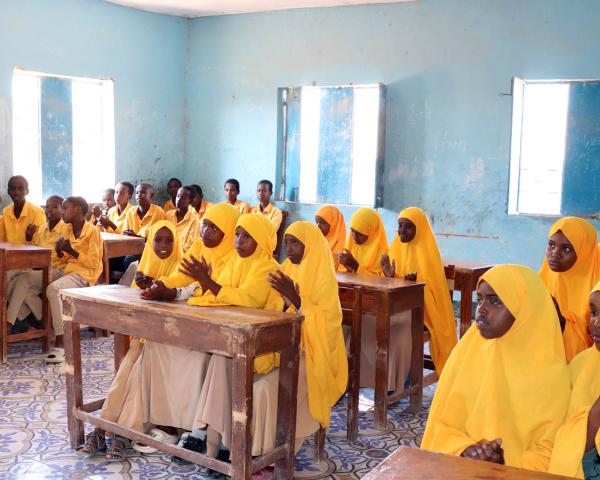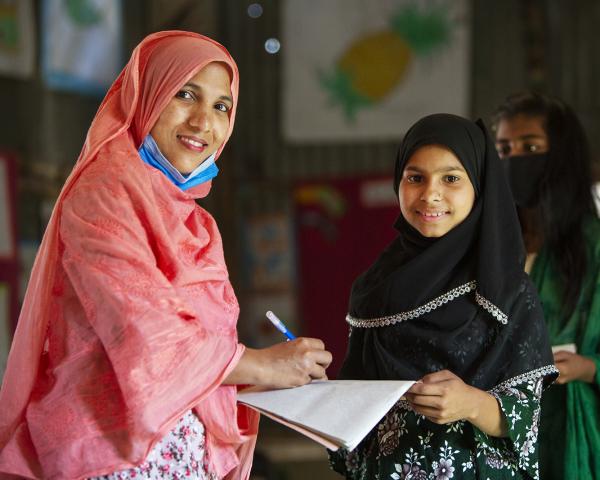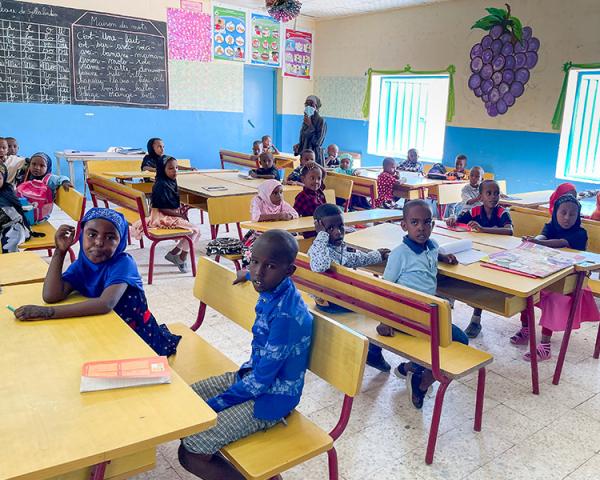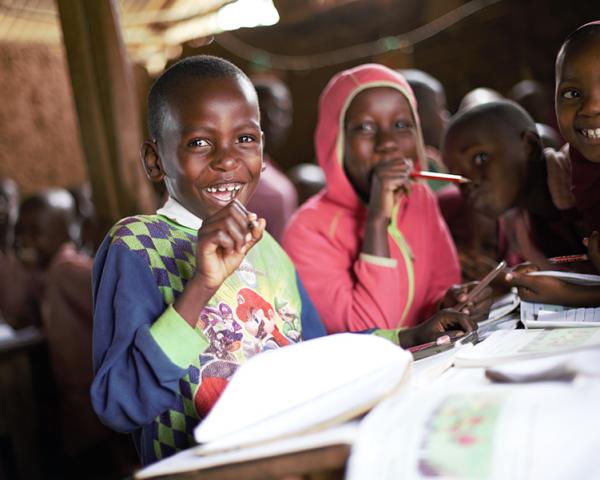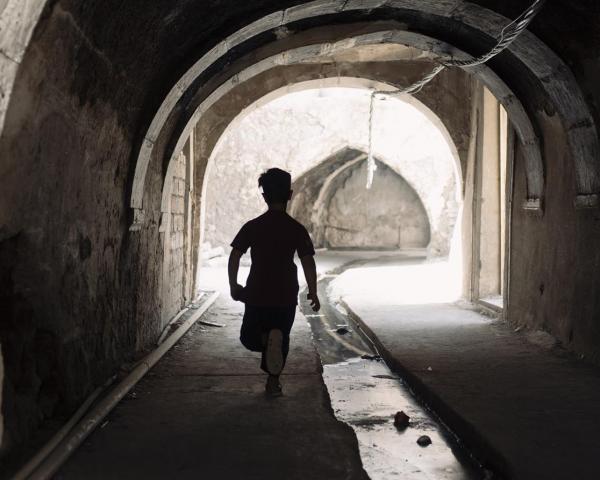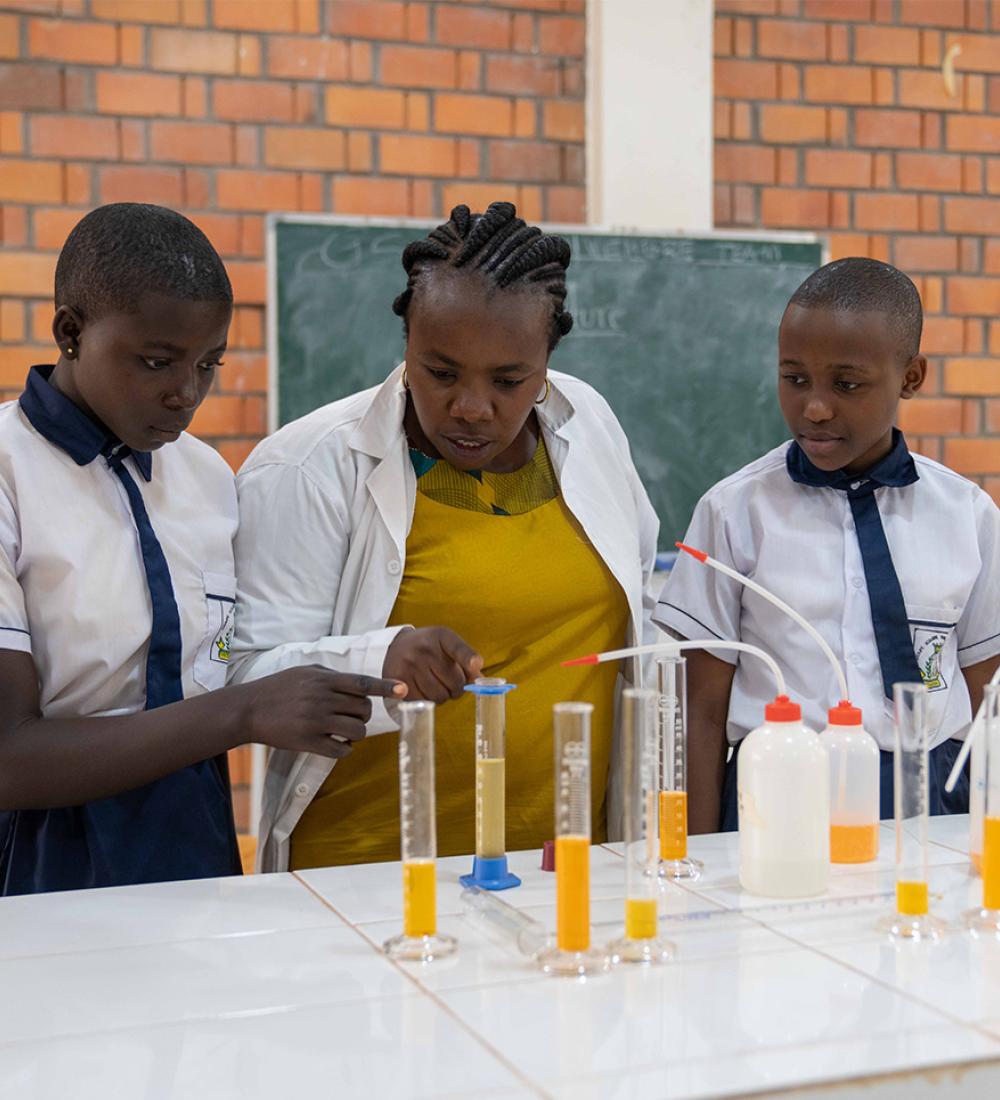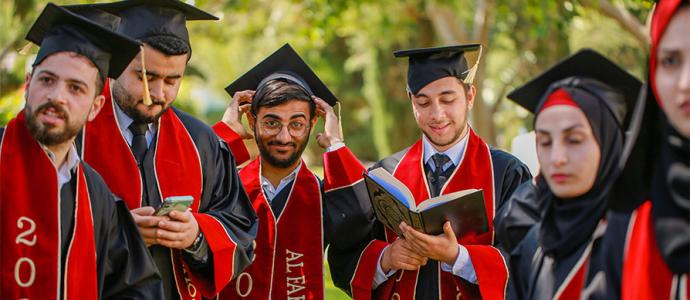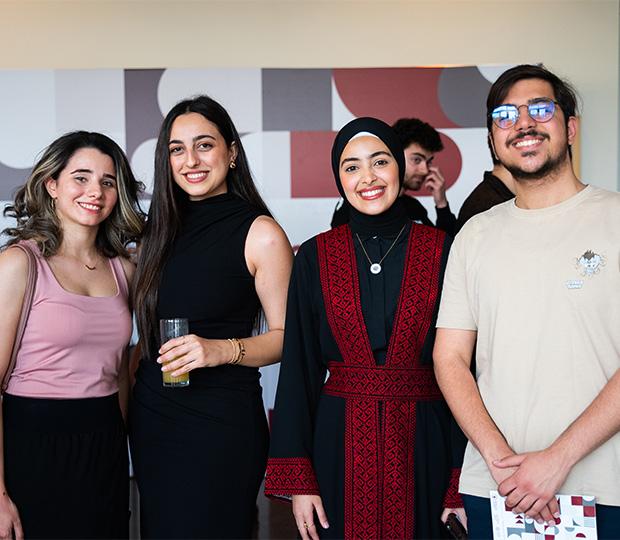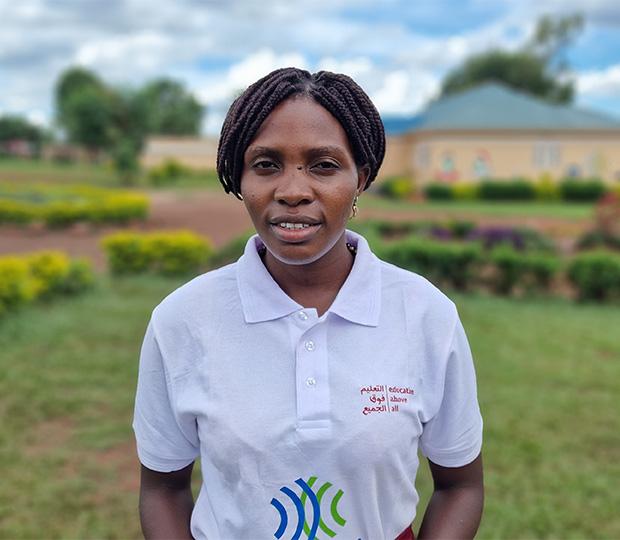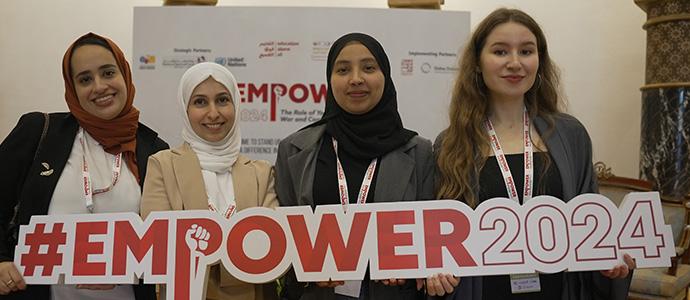Teacher’s Delight
With a singular focus on keeping former out of school children (OOSC) in education, 28-year-old Mohammed, a teacher in an alternative learning programme (ALP) is doing his part to ensure his students enjoy learning and realise their right to education. Originally from Jambiani, the southern district of Zanzibar, off the coast of the United Republic of Tanzania, Mohammed is playing a critical role, through a joint initiative between Education Above All’s (EAA) Educate A Child programme and UNICEF, to help bring the region’s primary-level OOSC population to a ground-breaking zero. However, this endeavour was never going to be easy and despite his best efforts to provide a stimulating and engaging learning environment for his students, there remain challenges to overcome. Regularly, students may grapple with inadequate teaching and learning materials and at times parents who do not readily appreciate the value of schooling. Still, Mohammed is upbeat and concentrates on making education make a difference in the lives of the children in his classroom.
“What’s happening to these students motivates me to want to do more to make sure that they perform well and that’s why I am dedicated to teaching and supporting these [children] for better results,” says the young teacher.
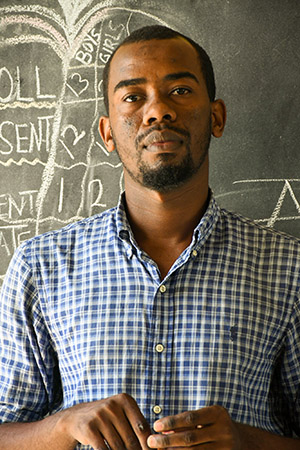
He asserts that there can be quite a stigma associated with OOSC, unfortunately – some teachers view former OOSC as failures and do not give them the support they need. Undeterred, Mohammed has successfully managed, during the course of the past year, to teach the formerly out of school, helping them learn how to read and write, all thanks to the life-skills training provided to teachers at his school, as part of the EAA-UNICEF “Education For All OOSC in Zanzibar” project. Specifically, the school-based training centres on the provision of mentorship, guidance counselling, psycho-social support and safe spaces, “Tuseme Clubs,” for OOSC.
Just seeing his students make real progress, developing literacy skills where previously they had none is perhaps Mohammed’s favourite aspect of his job. Observing up close the positive change in children who have transitioned from the street to the classroom brings a smile to his face…
For instance, Mohammed recalls the situation of one of his pupils, a 13-year-old orphan who left school at class 3. This student had been re-enrolled in an ALP specifically for OOSC that focussed on life skills, coping with peer pressure and educational attainment. As well intended as this may have been, “It was hard to deal with this student at first because he was used to the streets and did not feel that he belonged in the class. Slowly, with counselling we managed to change his mind set…” says Mohammed. Ultimately, he was able to help the young adolescent regain the joy of learning; he can now read and write and has been mainstreamed into formal education!
When reflecting on his work and the struggles facing OOSC in Zanzibar, Mohammed maintains that children dropout of school for a variety of reasons, such as unstable households, the low-perceived value of education on the part of parents, poor quality and “old-fashioned, teacher-centric approach[es]” to the classroom. In his view, all these factors coalesce to fuel absenteeism, eventually causing children to drop out of education altogether.
Yet Mohammed attributes his success in the classroom and ability to connect with his students directly to his passion for teaching and effecting change in their lives, as well as the training he received from the project. Initially, he had considered an entirely different a career path in the military, but became inspired by an encounter with children at school and decided to become a teacher, believing he could make an impact. Mohammed has been a teacher now for about 5-and-a-half years. At the moment, he is one of approximately 130 volunteer teachers in Zanzibar recruited to work with enrolled OOSC in EAA’s ZERO OOSC effort, an UN Decade of Action in support of the realisation of SDG4.
He states, “I’m happy to be part of [this initiative] that contributes to OOSC getting a chance to be educated…. I’m proud that I am contributing to my country’s effort to ensure that there’s no child who is out of school.”






